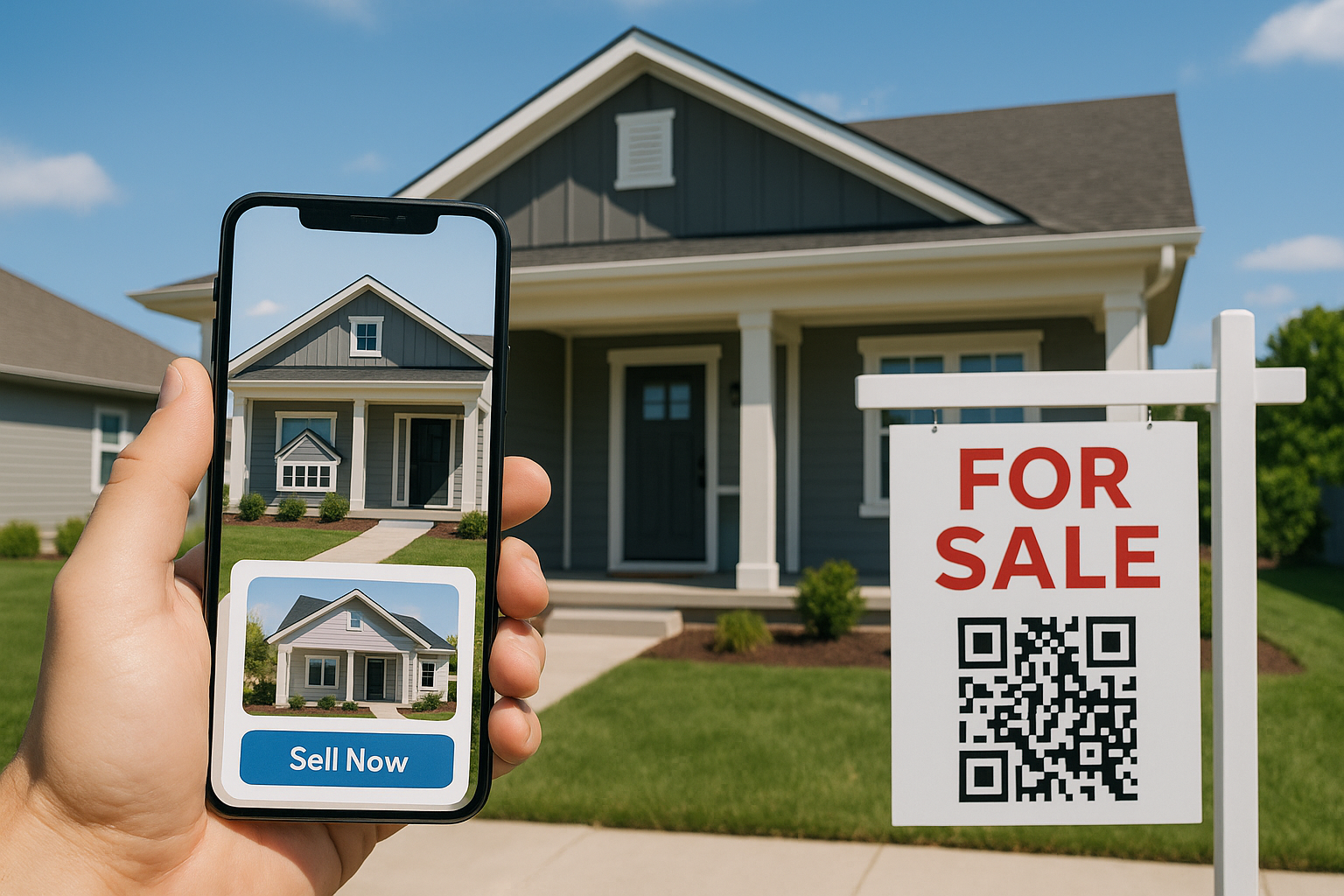
Opendoor Technologies Inc. (NASDAQ:OPEN) has redefined the real estate transaction with technology-driven solutions that have disrupted one of the world’s oldest and most complex markets. The company’s journey from its founding to its position as a leader in “iBuying” represents a story of vision, risk-taking, and relentless pursuit of a seamless real estate experience.
Founding Vision: Making Real Estate Transactions Simple
Opendoor was founded in 2014 by a team of entrepreneurs led by Eric Wu, who saw an opportunity to address the inefficiencies and pain points that plagued traditional home sales. Wu, along with co-founders Ian Wong, JD Ross, and Keith Rabois, recognized that selling a home was time-consuming, unpredictable, and fraught with hurdles for most Americans. The team’s collective experience in real estate, technology, and finance enabled them to envision a platform where homeowners could sell their property online, receive a competitive offer instantly, and close on their timeline.
The concept behind Opendoor was simple yet transformative: use technology, data science, and capital to buy homes directly from sellers, fix them up as needed, and resell them to buyers. By leveraging proprietary pricing algorithms, Opendoor aimed to offer fair market value and eliminate the need for open houses, negotiations, and extended listing periods.
Early Innovations: The Birth of iBuying
Opendoor’s model was an early and defining force in the so-called “iBuyer” segment—companies that use algorithms and analytics to make quick offers on homes and streamline the transaction process. The company’s initial markets included Phoenix, Dallas-Fort Worth, and Las Vegas, selected for their relatively homogenous housing stock and high transaction volumes.
Central to Opendoor’s innovation was its commitment to a digital-first experience. Sellers could submit information about their home online, receive an offer within days, and close within as little as two weeks. The process was designed for transparency and speed, reducing the uncertainty that typically characterizes traditional real estate transactions.
To support these operations, Opendoor invested heavily in data infrastructure and built a team of in-house experts in pricing, renovations, and logistics. The company’s technology stack enabled it to continuously refine its pricing models and manage thousands of homes at scale.
Growth and Competition: Shaping a New Industry
As Opendoor gained traction, its success attracted the attention of both investors and competitors. The company raised significant capital from venture funds, enabling rapid expansion to additional U.S. metro areas. By the late 2010s, Opendoor was buying and selling thousands of homes each month and had established itself as a household name in online real estate.
This rapid growth spurred a new wave of competition from established players and new entrants alike. Zillow Group (NASDAQ:ZG), the well-known real estate marketplace, launched its own iBuying service, Zillow Offers, bringing increased attention and legitimacy to the model. Other firms, including Redfin (NASDAQ:RDFN) and Offerpad, also entered the space, fueling an innovation race in digital real estate.
Public Listing and Continued Disruption
In December 2020, Opendoor went public through a merger with Social Capital Hedosophia Holdings II, a special purpose acquisition company (SPAC) led by Chamath Palihapitiya. The public listing on the NASDAQ exchange gave Opendoor new capital to accelerate its expansion and invest further in technology. The move also signaled the mainstreaming of the iBuyer concept, positioning Opendoor as a pioneer in digitizing the American housing market.
Since going public, Opendoor has faced a rapidly changing real estate landscape, adapting to market cycles, shifting consumer expectations, and new regulatory challenges. The company continues to develop new products and services, such as “Opendoor Complete,” which allows customers to buy and sell in one integrated transaction, and partnerships with mortgage and title companies to create an end-to-end digital experience.
Legacy of Innovation
Opendoor’s early years are a testament to the power of innovation in solving complex real-world problems. By reimagining the home selling and buying process, Opendoor has established itself as an enduring force in American real estate. The company’s ability to adapt, scale, and iterate on its original vision ensures that it will remain at the forefront of digital transformation in housing for years to come.
Disclaimer: This article is for informational purposes only and does not constitute investment advice or a recommendation to buy or sell any securities. Please consult a financial advisor before making investment decisions.
